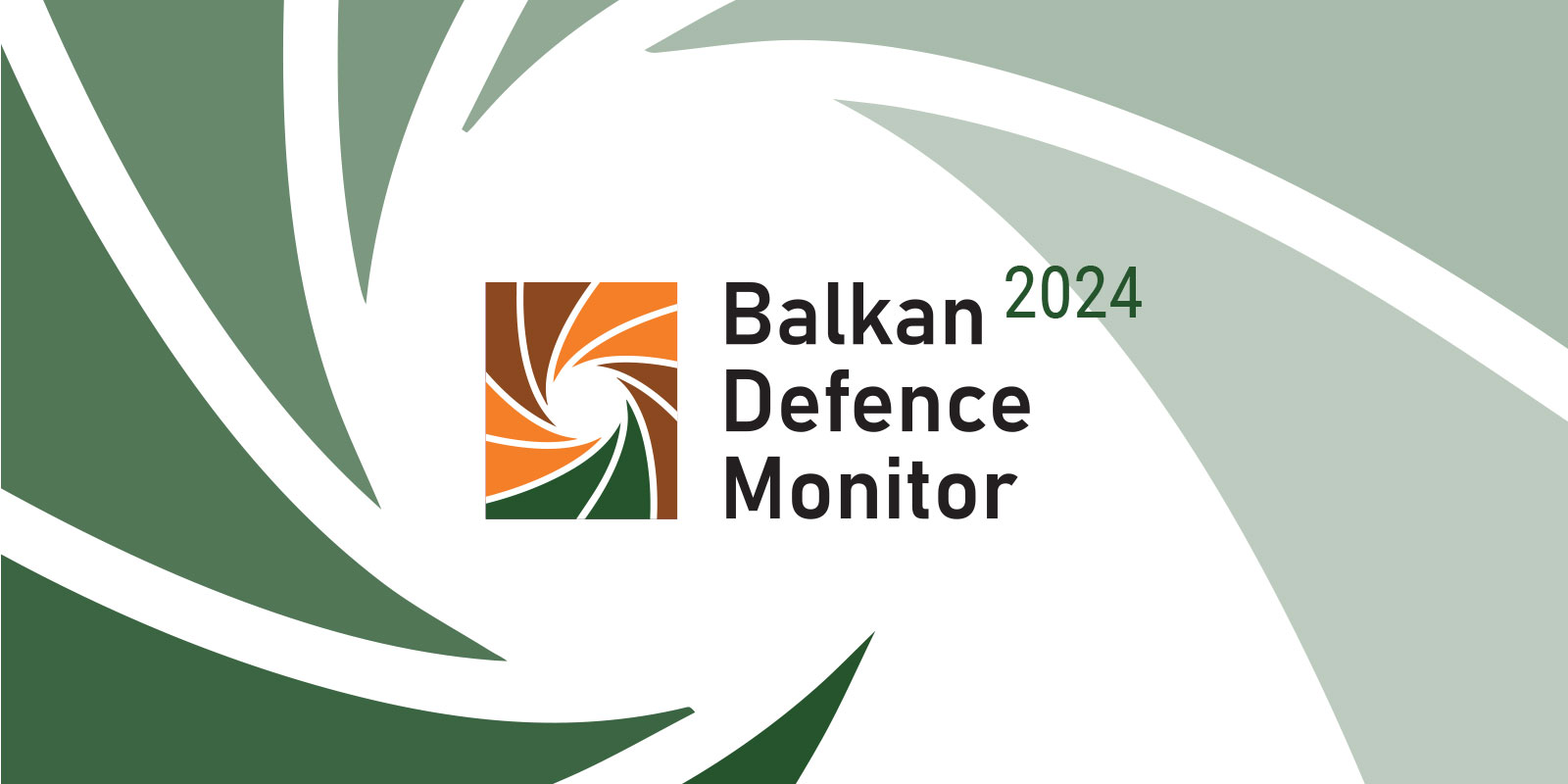PUBLICATION: Analysis
They melted down our tanks, we are creating the strongest power in the region – militarist narratives serving the purpose of state capturing
In this publication, BCSP researcher Luka Šterić analyzes how are the militarist narratives used for the legitimising in public the capturing of the state.
Defence system capturing is done in various ways. The authorities are using the procurement of armament from different parties to achieve foreign policy goals in order to reduce the external pressure on the authoritarian regime. Insisting on military neutrality and foreign policy balancing, Serbia is trying to keep access to both the Eastern and Western armament markets. Also, through non-transparent contracts, individuals and companies close to the government opulently profit at the expense of the military industry, as well as through exporting weapons oftentimes conducted in contravention of both domestic and international law and norms.
However, the focus of this analysis shall be on the militarist narratives constructed by the authorities to legitimise in public the capturing of the state and its defence system. In this publication, we shall present three major militarist narratives used by the authorities to capture the state: the narrative of the personal power of the “commander-in-chief“, the narrative of non-transparent armament in order to defend the country from the external enemy and the narrative of discrediting criticism and political opponents on topics of defence.
The narrative of efficient personal power in the defence system has got a dual function. On the one hand, building the cult of a leader as the only guarantor of the state’s success, thus the Army’s success, justifies the non-constitutional concentration of power in the hands of the President. On the other hand, it normalises the military hierarchy as the most efficient model for civilian authorities’ structure, too, whereby the institutional and other mechanisms of government control are discredited. The narrative about the external enemy and the necessity of armament serves to justify the reduced transparency and scandals related to the defence system. The narrative about the inept and non-patriotic former government is used for settling the political accounts with political opponents, as well as for suppression of any criticism against the regime regarding the topics of defence.
This publication was produced with the financial support of National Endowment for Democracy (NED). Responsibility for the content of this publication belongs solely to Belgrade Centre for Security Policy.
Tags: military, State capture
DETAILS
AUTHORS
SHARE
PDF PREVIEW
RELATED

Date: 26.03.2025.
Author: Isidora Stakić |
Human rights defenders are people who act, individually or jointly, to advance human rights and fundamental freedoms and fight for their protection at the local, national and international levels.

Date: 13.06.2024.
Author: Jelena Pejić Nikić | Predrag Petrović |
There are many findings of domestic and foreign research organisations that unequivocally indicate that Serbia is a captured state, with a hybrid political regime. Security institutions play a major role in the capture of the state and the collapse of democracy in Serbia, as well as in preserving the situation the way it is.

Date: 27.02.2024.
Author: Belgrade Centre for Security Policy |
We present you the new Balkan Defence Monitor - independent and comprehensive source of information regarding defence topics in the region.



